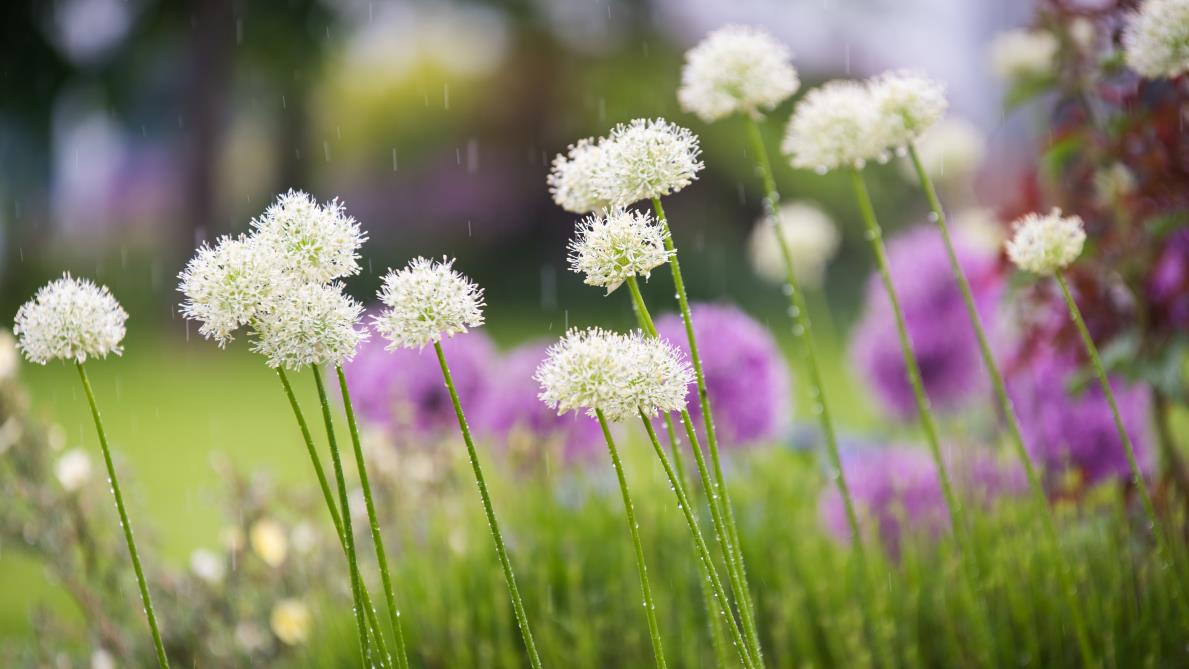
Research conducted this year identified that “approximately one in five children aged between eleven and seventeen have a parent or a carer who has a long time serious illness such as cancer,” said Maggie Turner who introduced a range of speakers from the medical, educational and charity sectors who work to normalise discussions around death and dying.
Marcelle Palmer, Outreach and Schools Project Lead at St Barnabas House Hospice, said that death is often not discussed with young people, and the hospice supports a coalition project where local pupils spend time with patients in the hospice to influence attitudes towards death. The results have been positive and Sarah Popplestone-Helm, Head of Family Support Services at St Richard’s Hospice in Worcester, has had similar feedback from a project with year ten pupils at Royal Grammar School Worcester.
“Along with taxes, death is the other inevitable thing in our life”, drama teacher Daniel Morgan said and showed clips of the students responding creatively to their experience at the hospice. Morgan and Popplestone-Helm discussed the potential benefits further educational projects focusing on bereavement and grief could have for young people.
Sue Trevethan founded Hope Support Services in 2009. The charity supports people aged between 11-25 who have had a close family member diagnosed with a life-threatening illness. They provide face to face support locally and online nationally. The Hay audience heard from Daisy Flood, a service user who is now the Chair of the Youth Management Team at Hope. This year, Flood organised a dinner and invited service users to a “different kind of celebration” for Mother’s Day. Trevethan noted that Hope equips these young people with valuable skills for the future.
If you missed this, you might enjoy Event 204, ‘How do we talk about Death before Birth?’, Jeannette Littlemore and Sarah Turner, at 5.30pm on Tuesday 29th May at Llywyfan Cymru – Wales Stage.